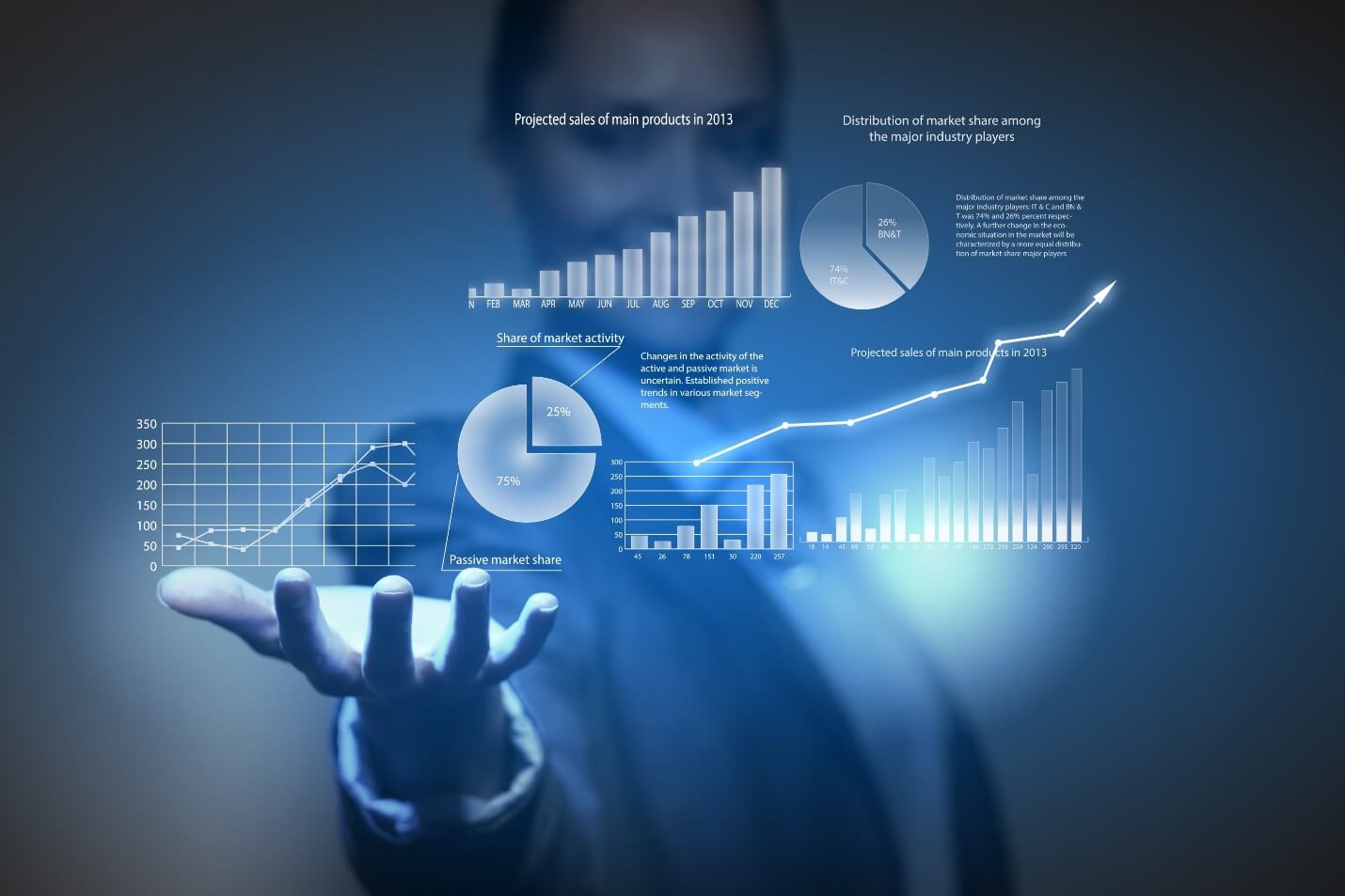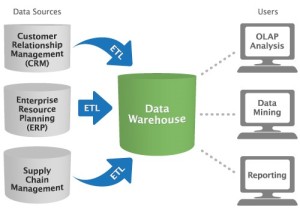What is Business Intelligence?

by
Business intelligence refers to tools and techniques that collect, organize data and presents it in a meaningful and useful way. BI is most suitable on delivering access to accurate, understandable and actionable information on demand. Put in a simplified way, BI enables delivery of relevant and reliable information to the right people at the right time with the goal of achieving better decisions faster.
In BI, programs, tools and methods are necessary to collect and structure data to be converted into information that can be used to make strategic decisions for a company.
Some of the fields that BI covers include:
➢ Performance management – refers to a process of communication between organizations’ employees and supervisors that provides feedback, accountability and documentation that enable achievement of organizations’ objectives
➢ Analytics – refers to a process of examining big raw data to uncover useful business information in order to help make better business decisions
➢ Predictive modeling – refers to a statistical analysis technique that enables the evaluation and calculation of the probability of results based on past or current data
➢ Data mining – also known as knowledge discovery, it refers to the process of searching, collecting or analysis of large data in order to generate useful information
➢ Text mining – refers to a process of combining through a text document in order to derive quality information
Imagine business intelligence functioning like a grocery store. When you enter a grocery store and are looking for specific items like eggs, milk and bananas, you do not need to find an employee to ask them where to look. Instead grocery stores are organized into aisles and signs that make the store relatively simple to navigate. Now imagine the items in the store are like your businesses data and you need to collect information on production, billable hours and sales goals. You are likely to go to three different experts and ask them where you can find this information then you will go to someone else and have them compile it for you. Here, BI takes the disorganized information and turns it into a tidy, clean and accessible grocery store. This enables you to navigate your data on your own and find what you need without relying on others.
Using BI offers significant advantage when trying to make strategic decisions. Having anytime access to organize data means that you can discover inefficient business processes, identify areas of strength and weakness and discover new opportunities all of which contribute to a making the right decisions suited for your organizations growth and good performance.
A key concept worth noting in Business Intelligence is Data Warehousing. It refers to a collection of data and information that has been extracted from one or more company databases then transformed and analyzed for use to make reports that will be accessed to the organization users for decision making.
Below is a diagram showing how the data warehousing concept is implemented.1
From the diagram above:
A data source refers to a client’s data storage which can be a database, dataset, file such as a spreadsheet or even a live data feed.
Customer Relationship Management(CRMs), Enterprise Resource Planning (ERPs) and Supply Chain Management (SCMs) systems are examples of data sources
In conclusion, implementing Business Intelligence in your company or organization will simply enable better decision making that will streamline your business processes and increase your organization’s profitability overtime.






Great article!